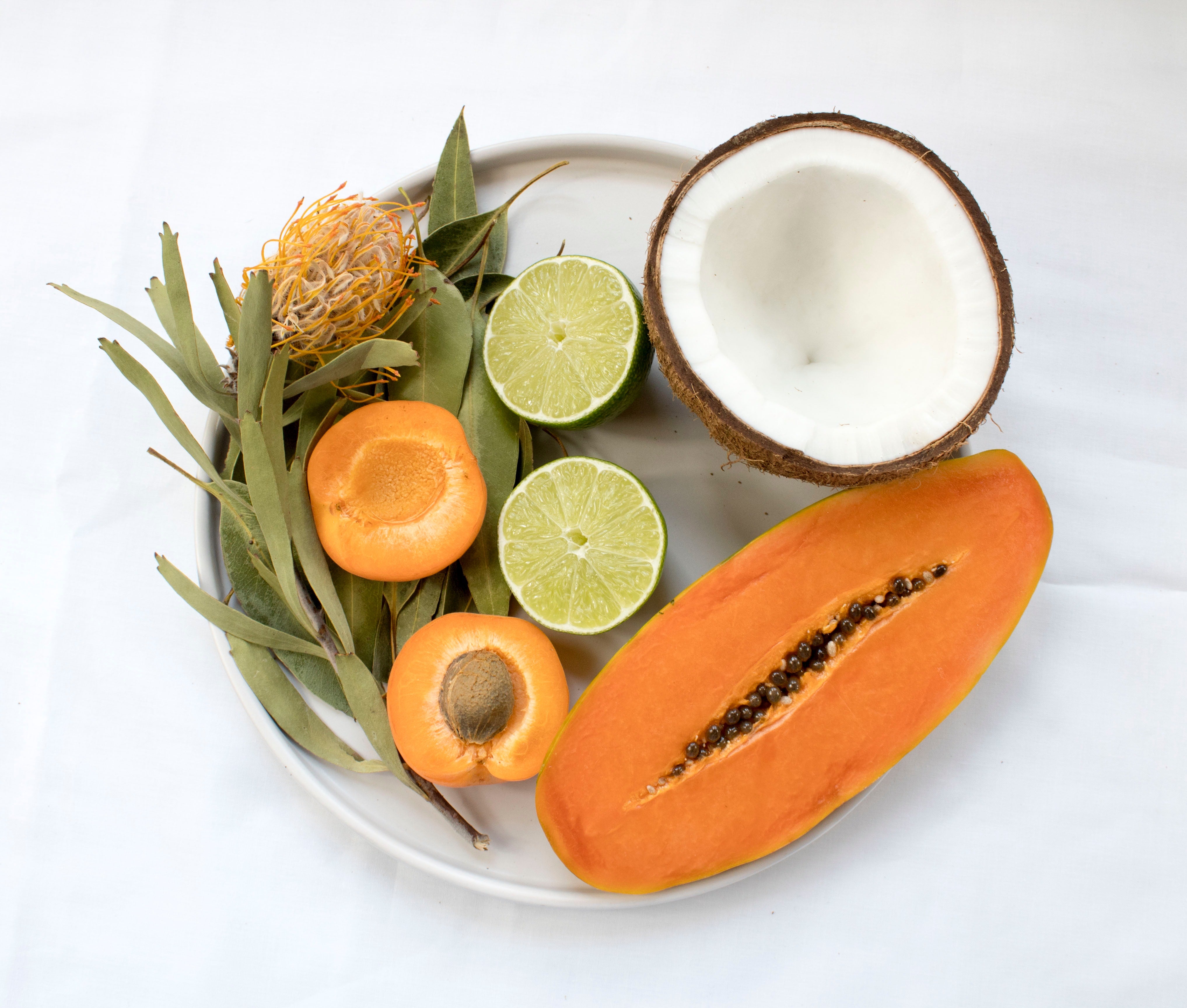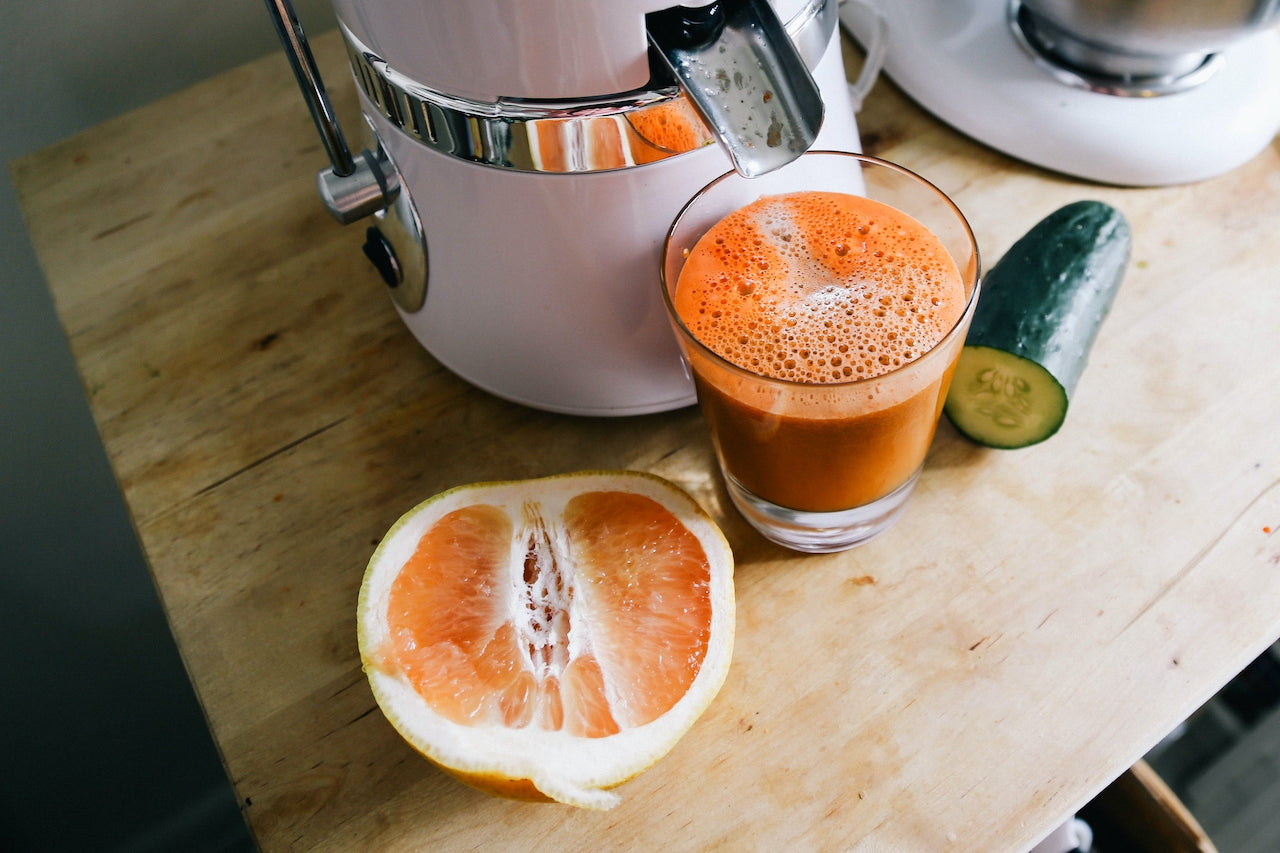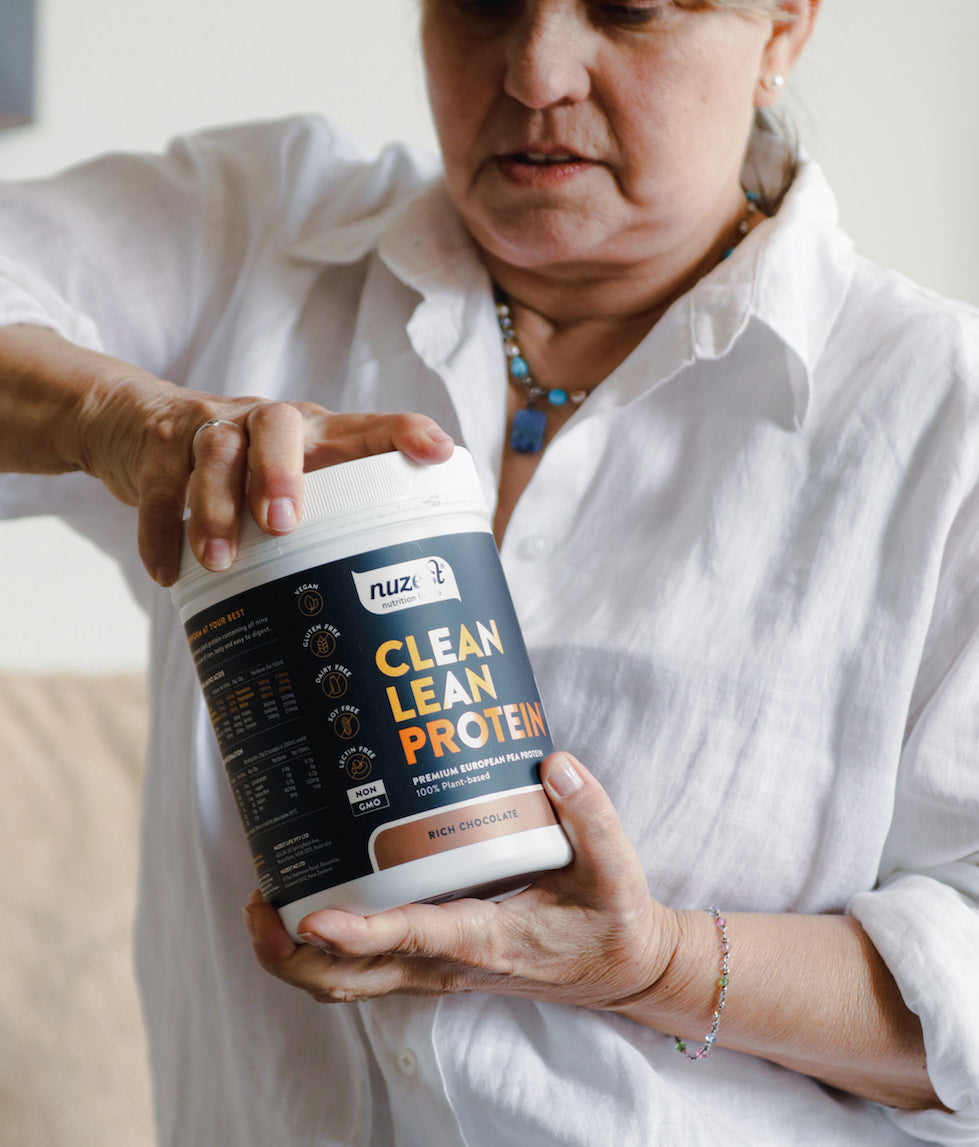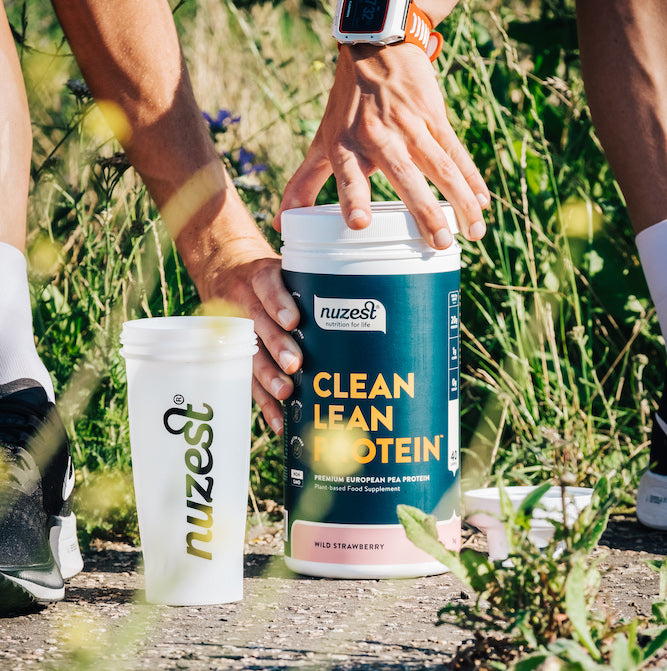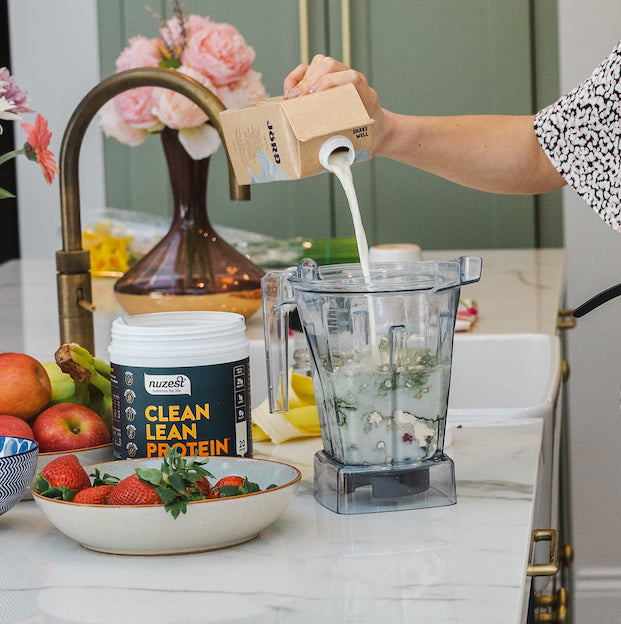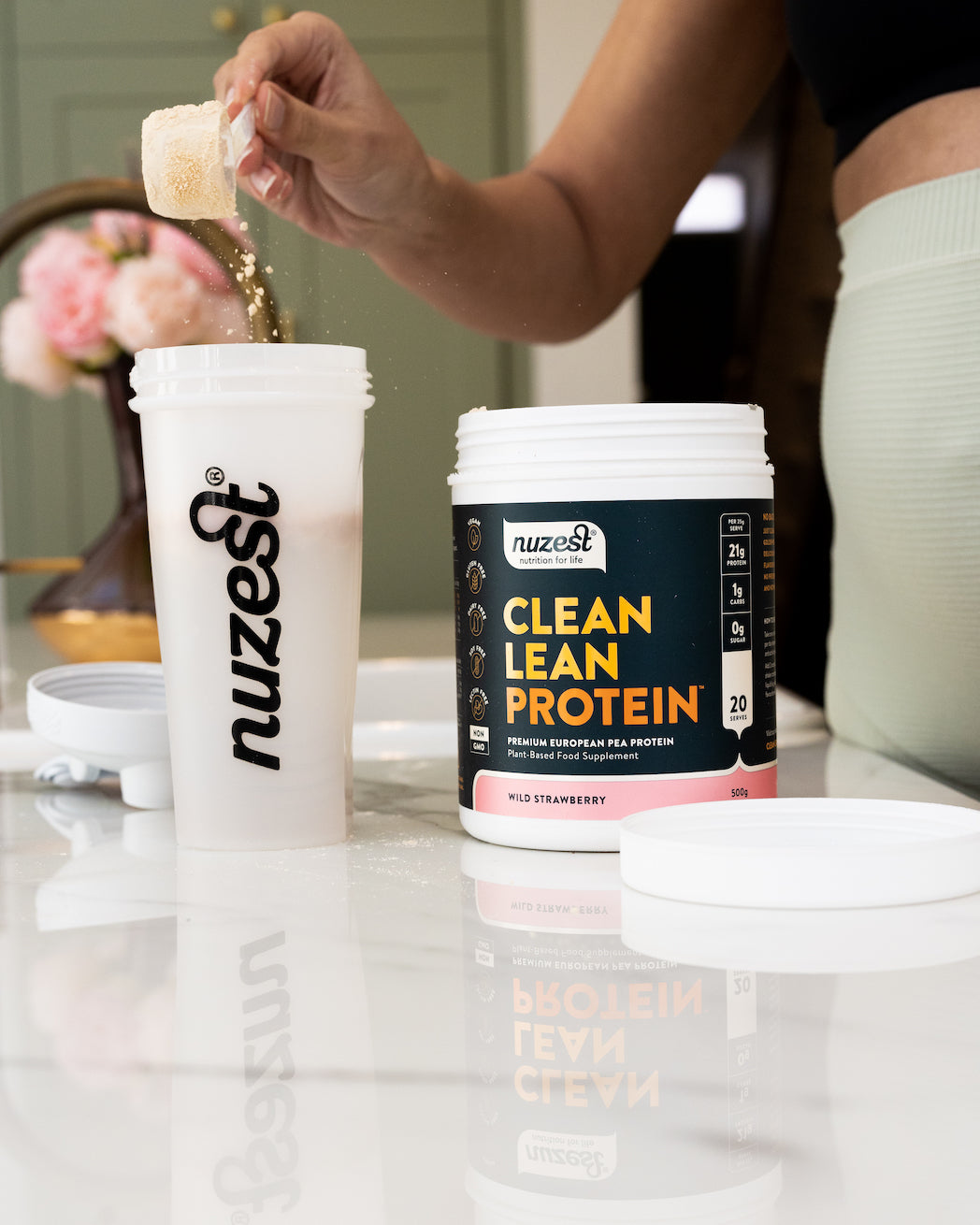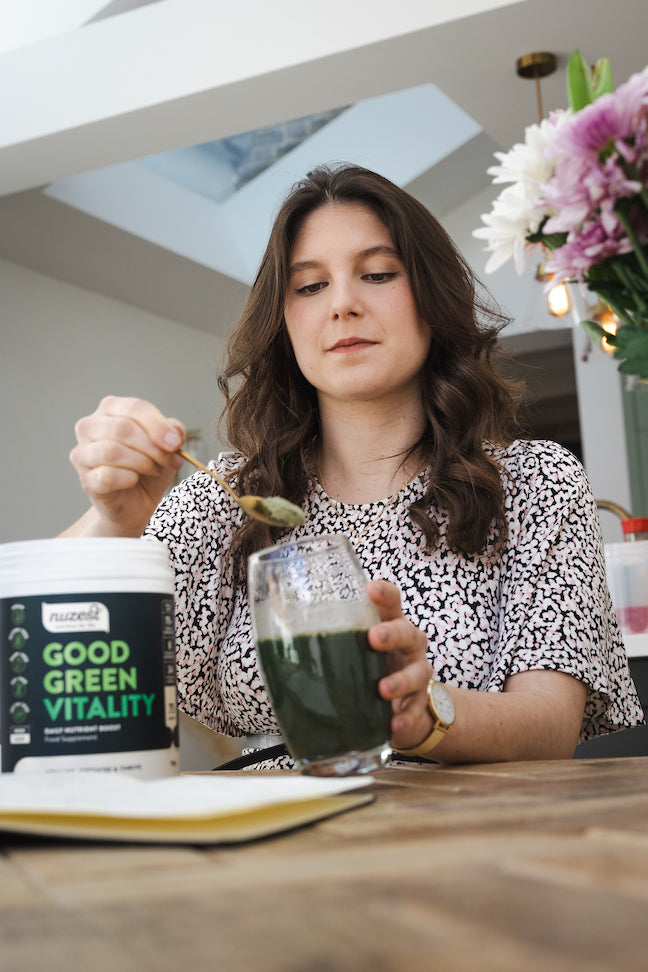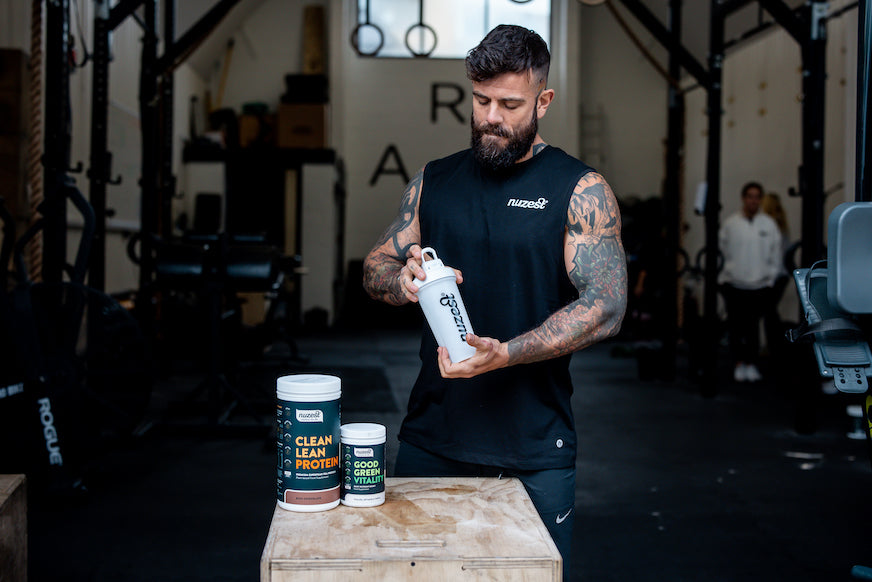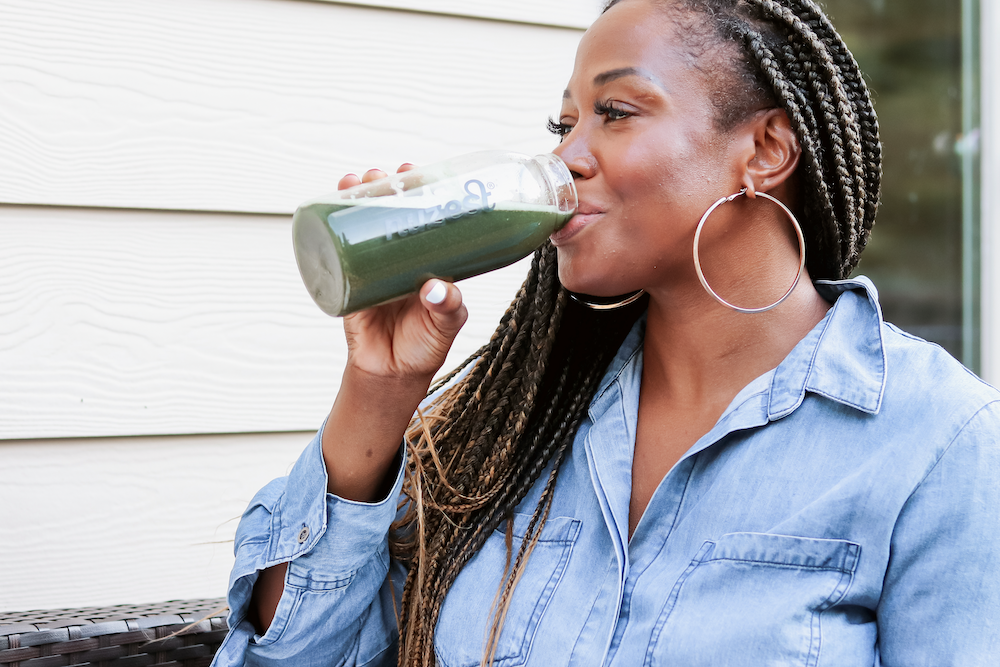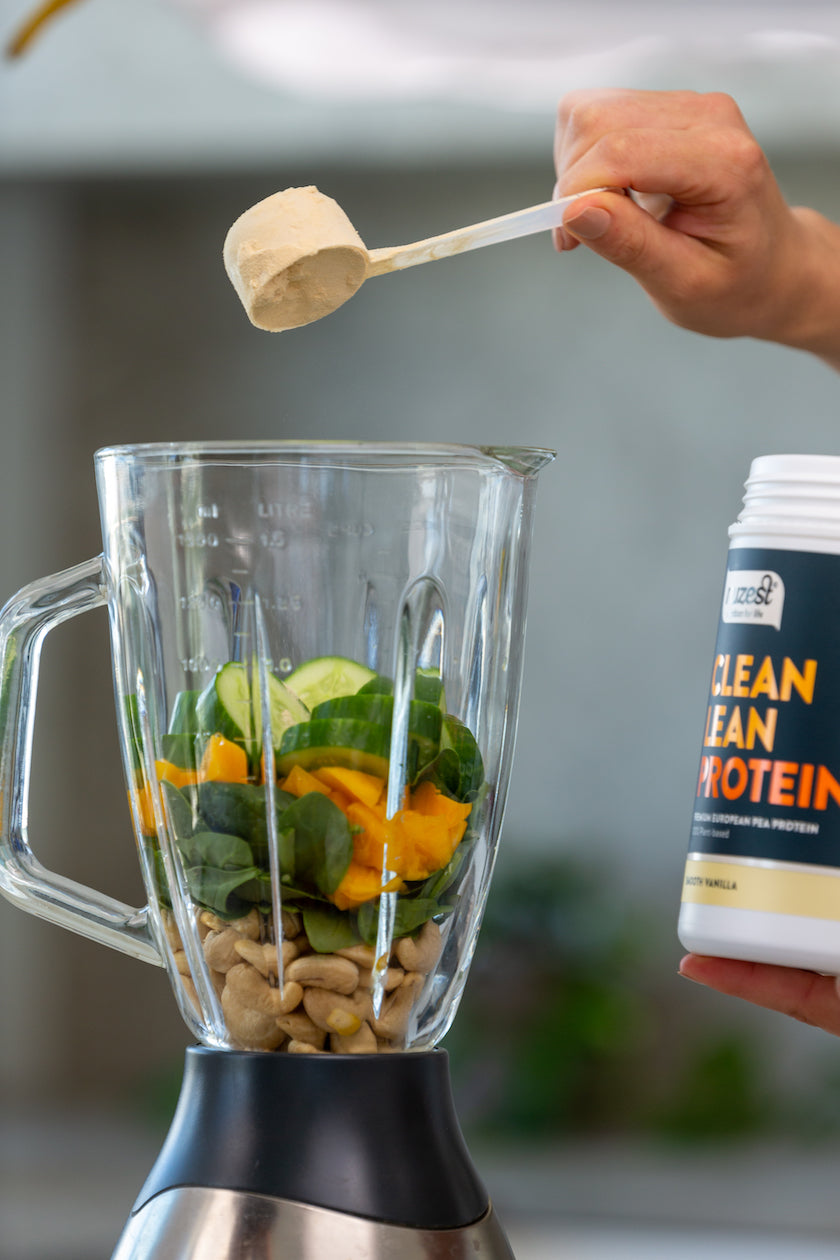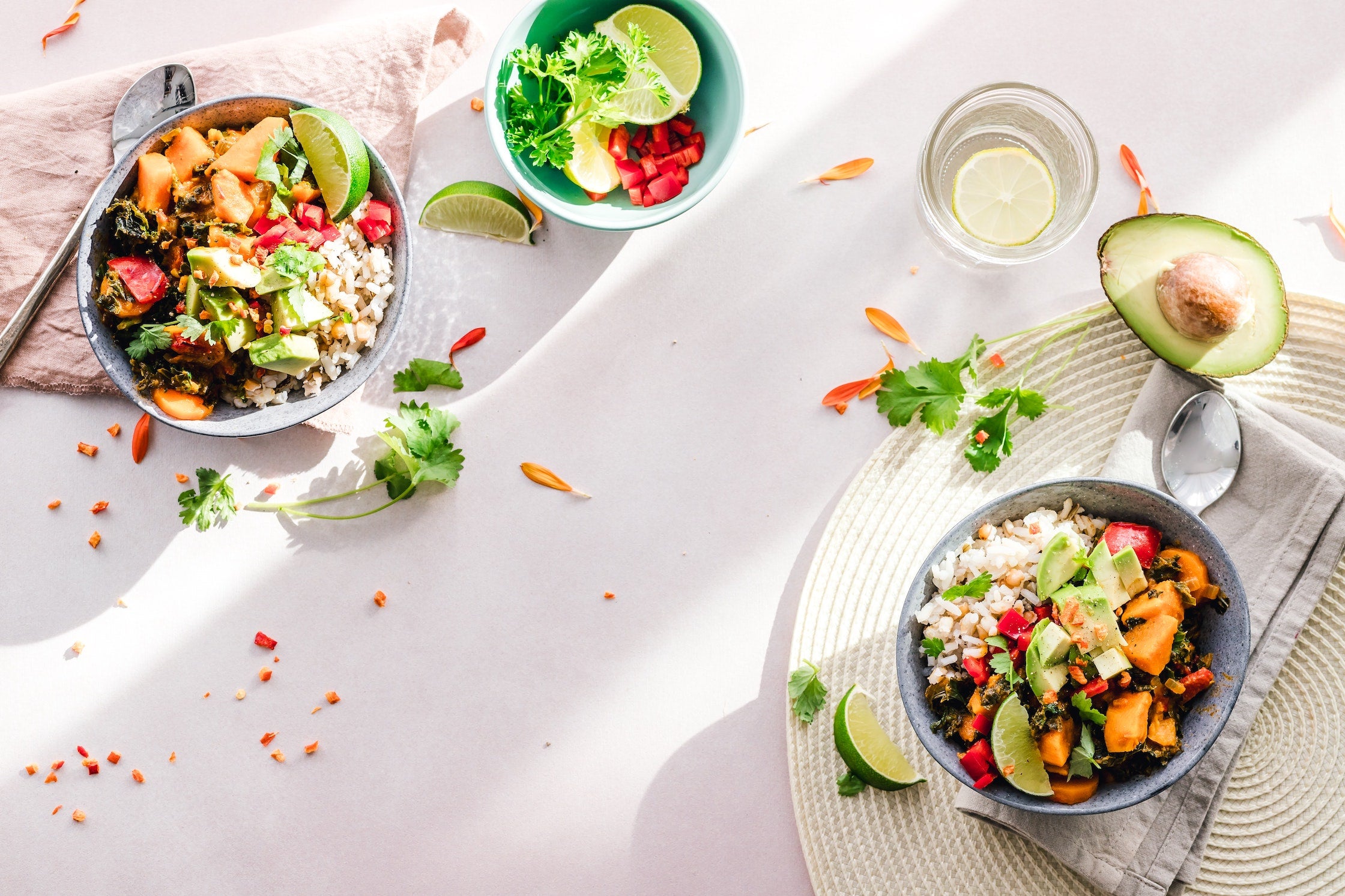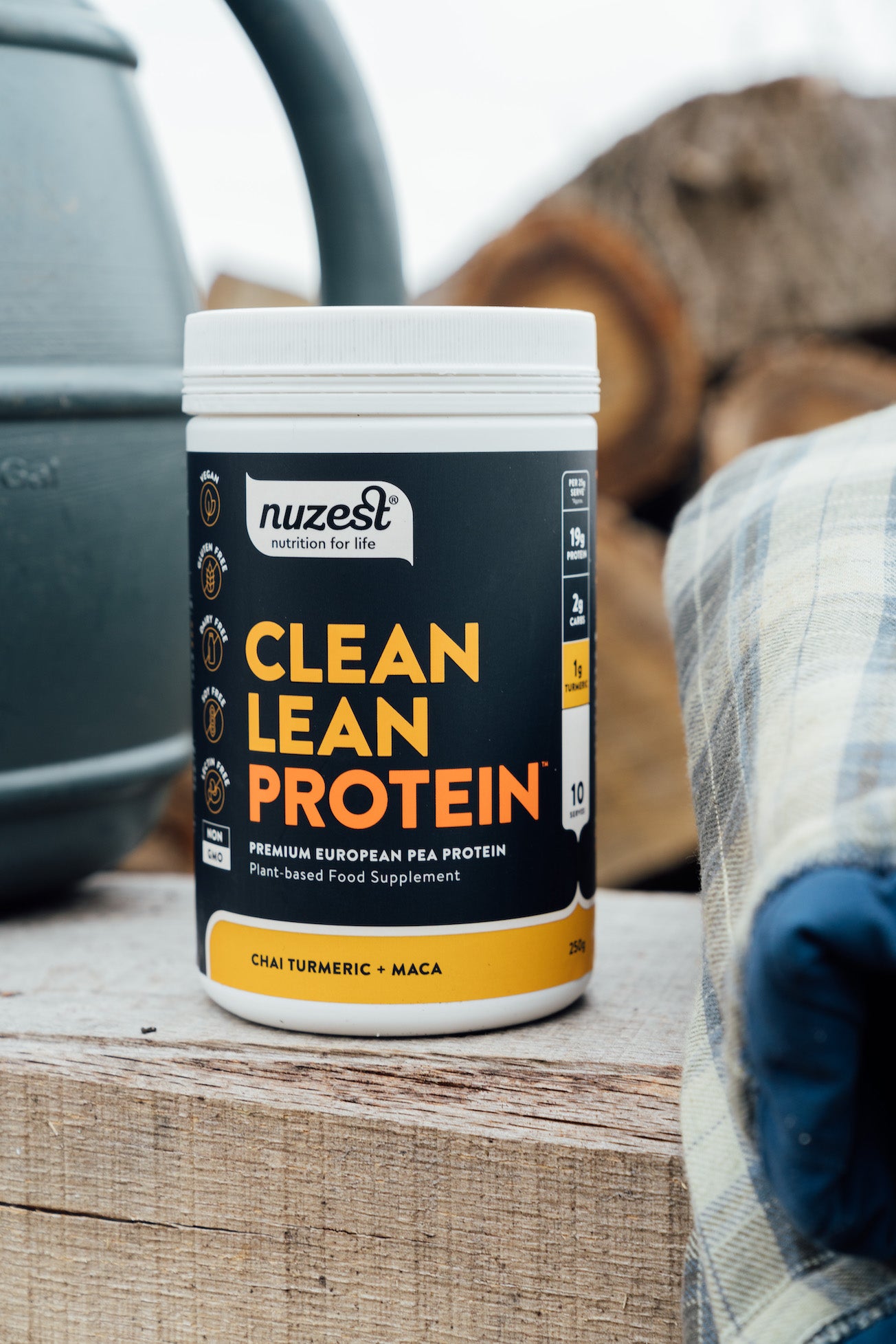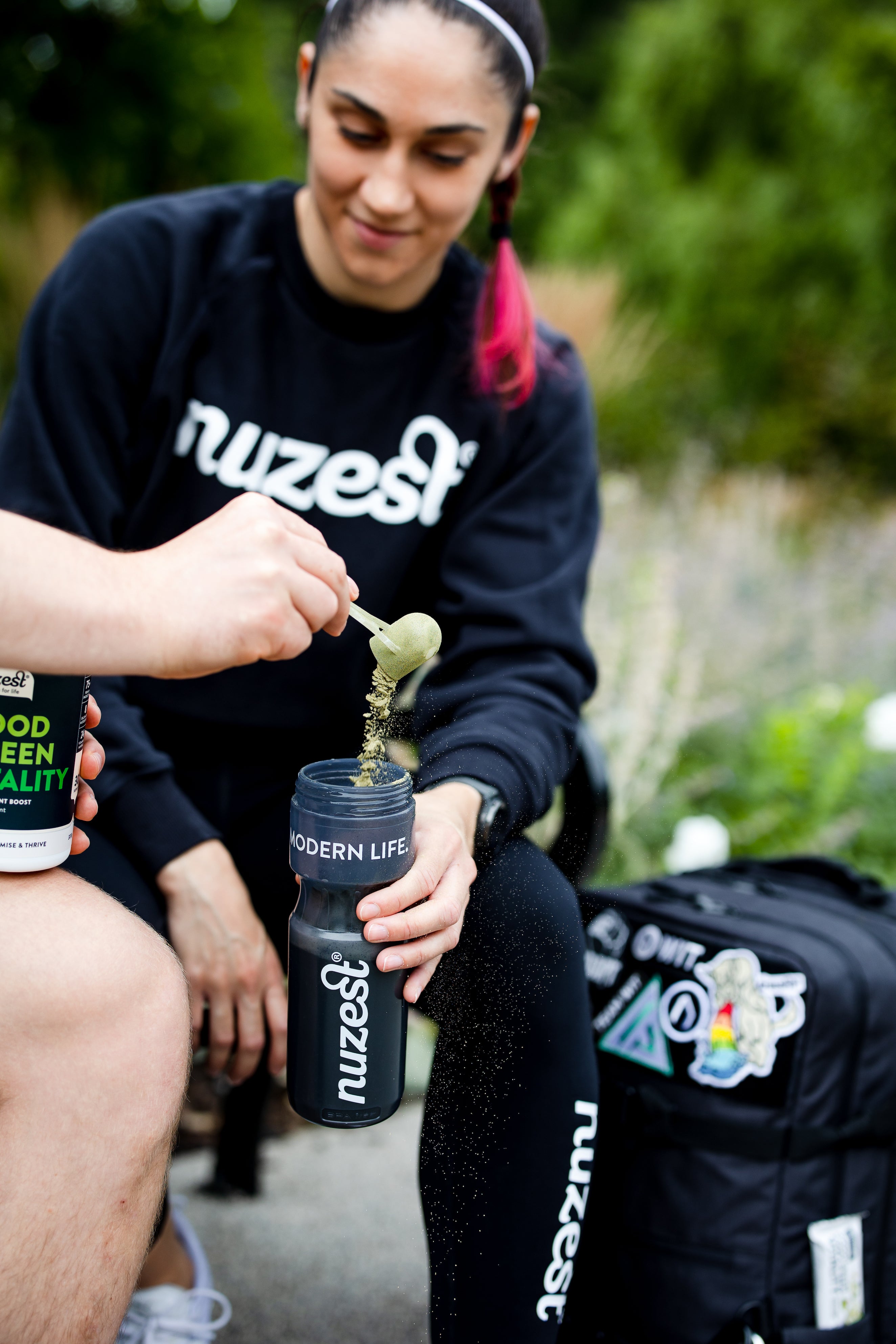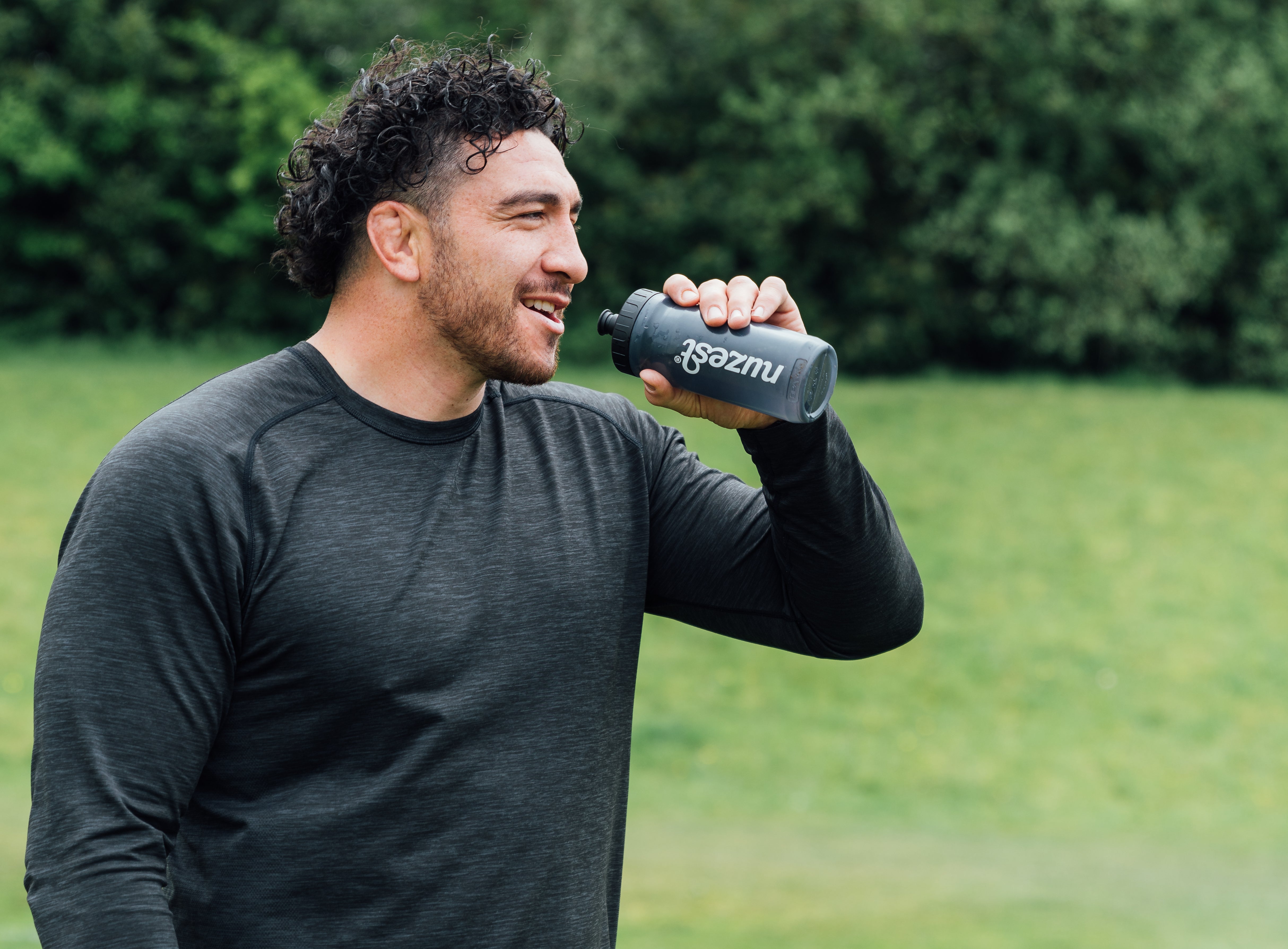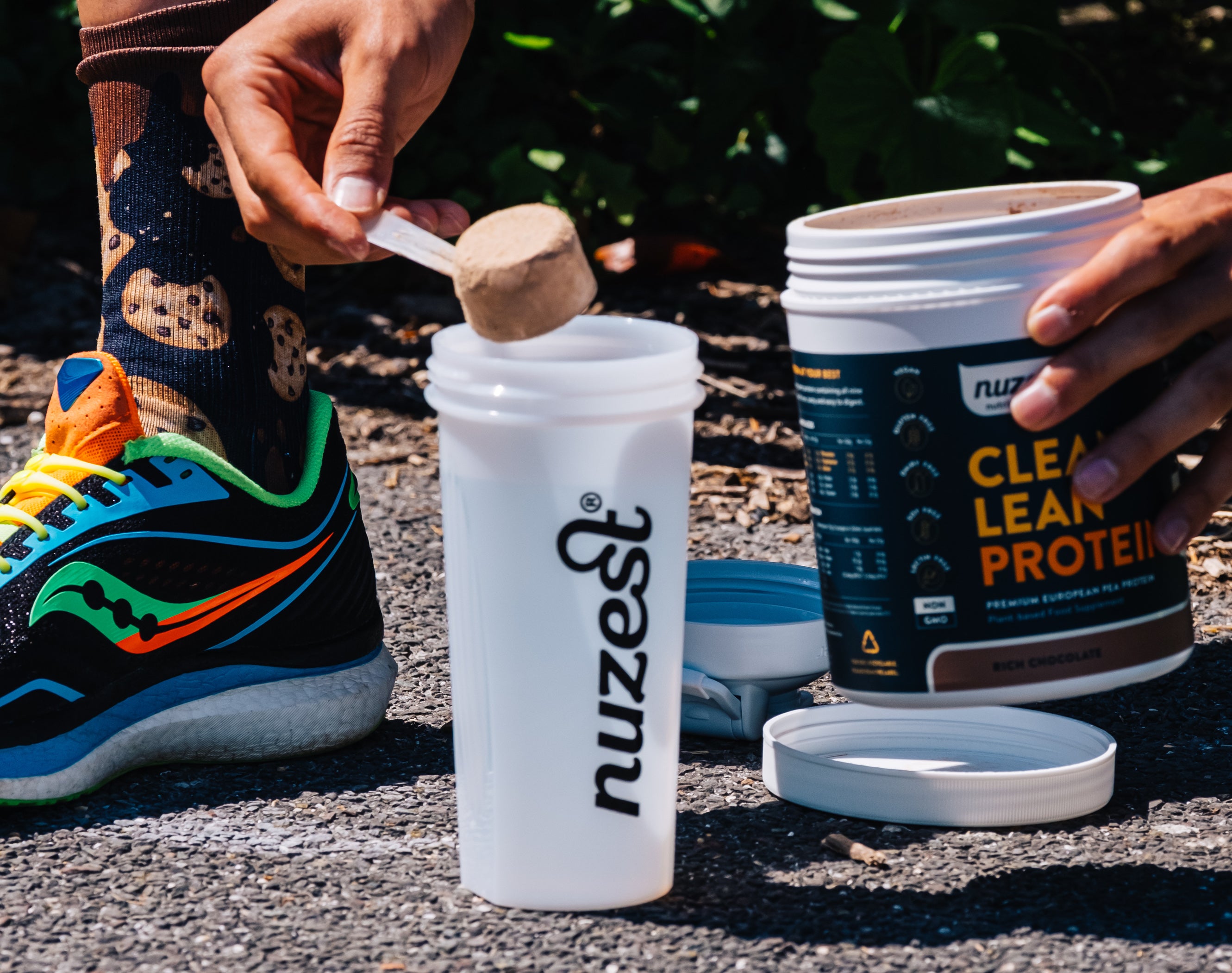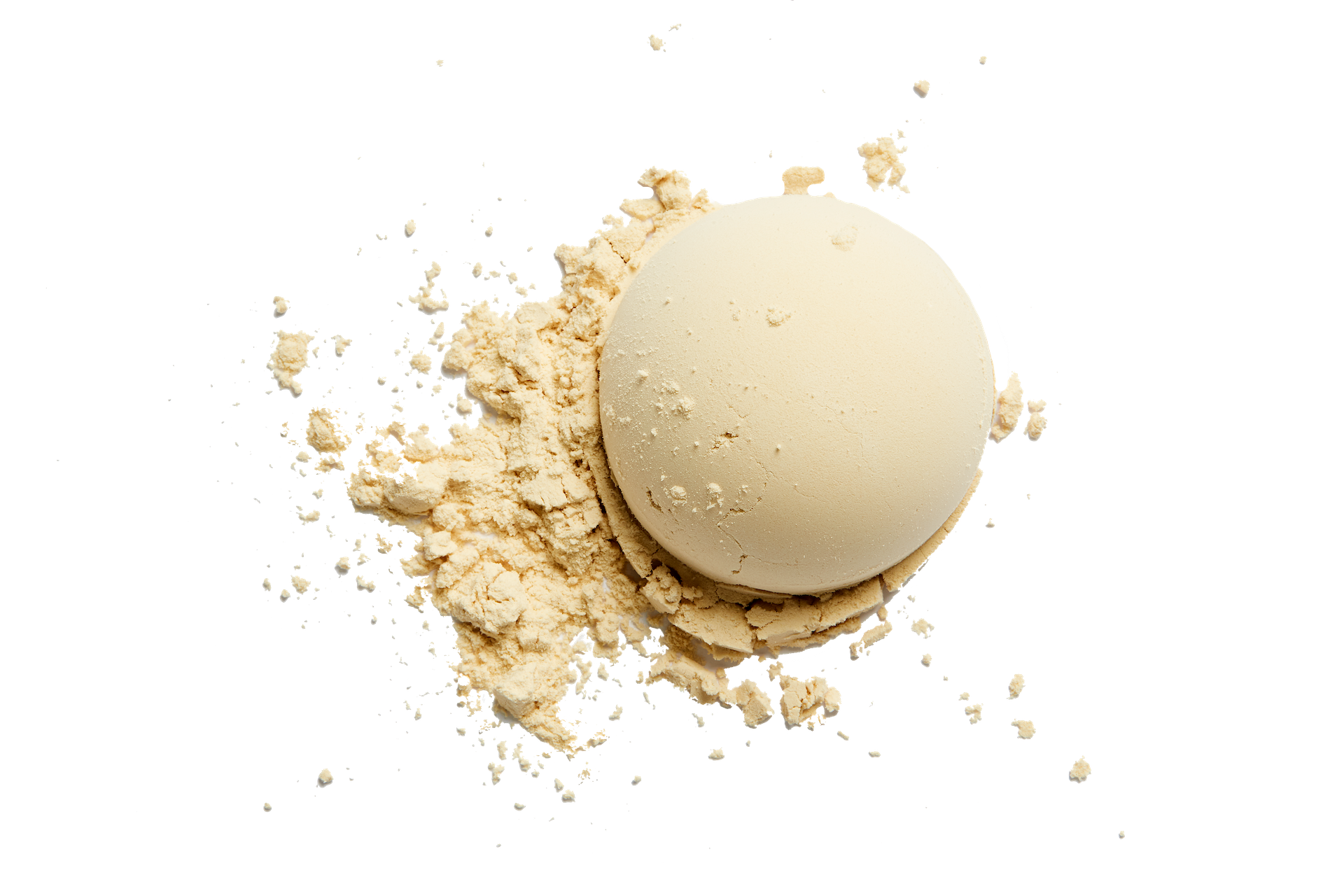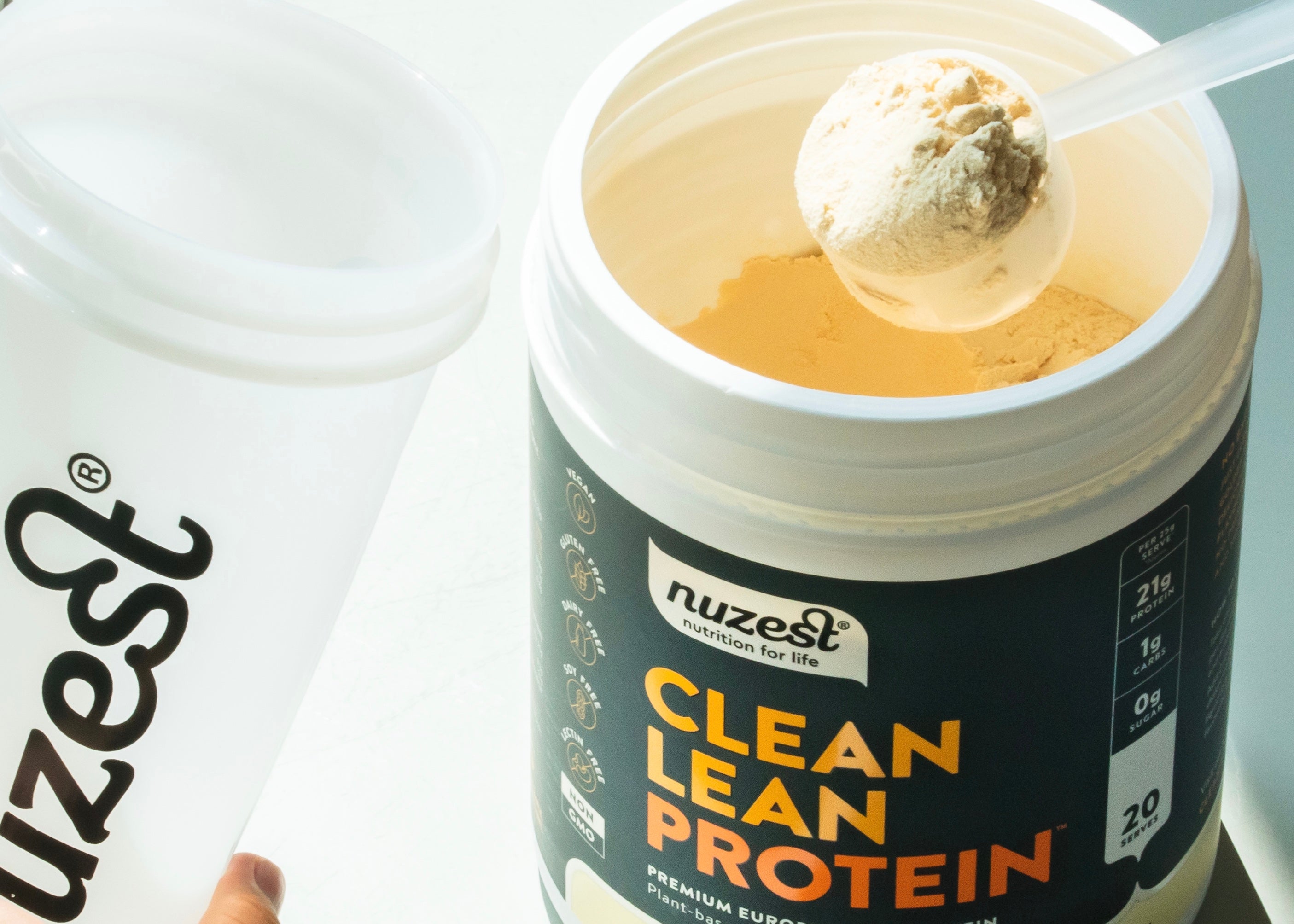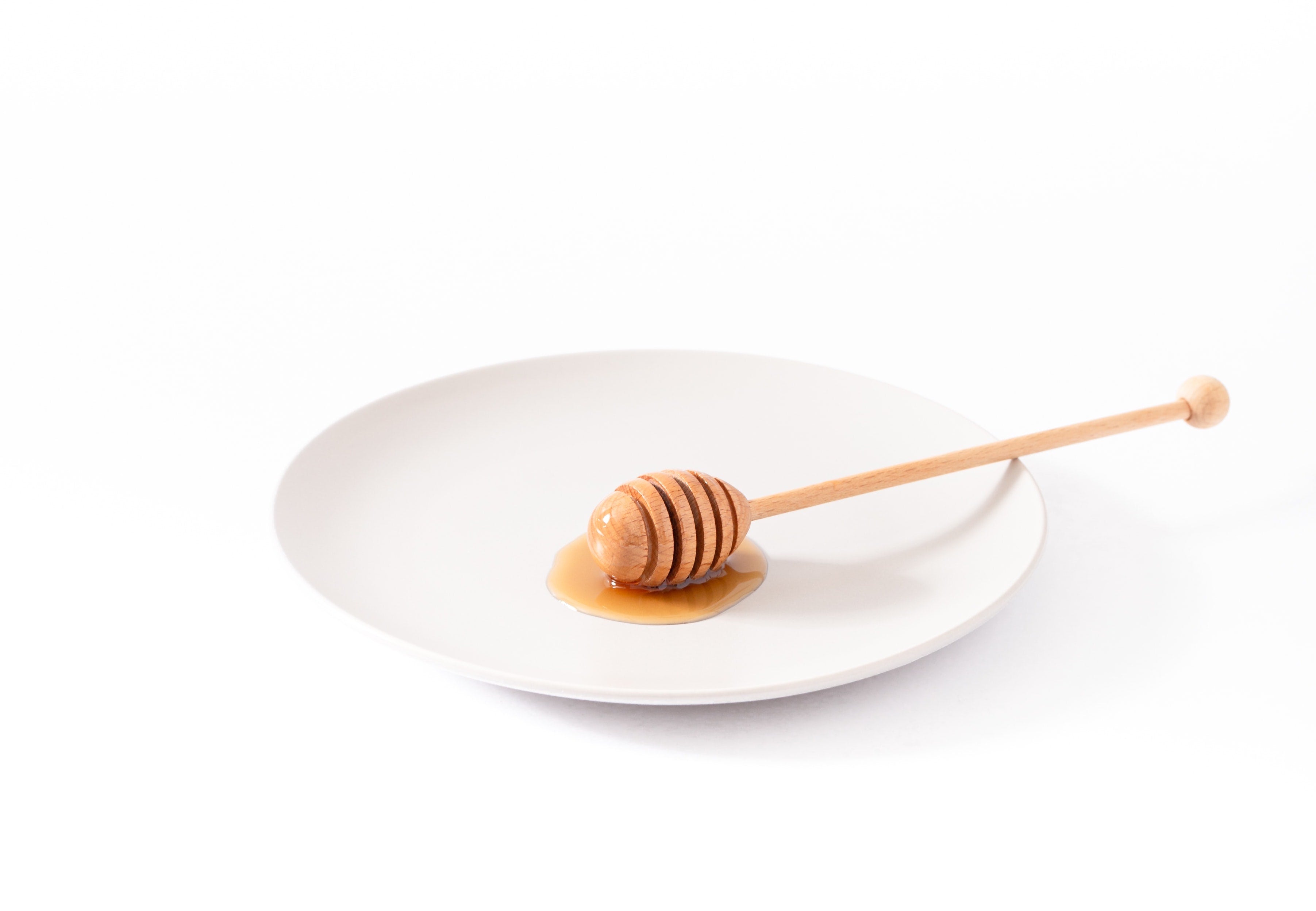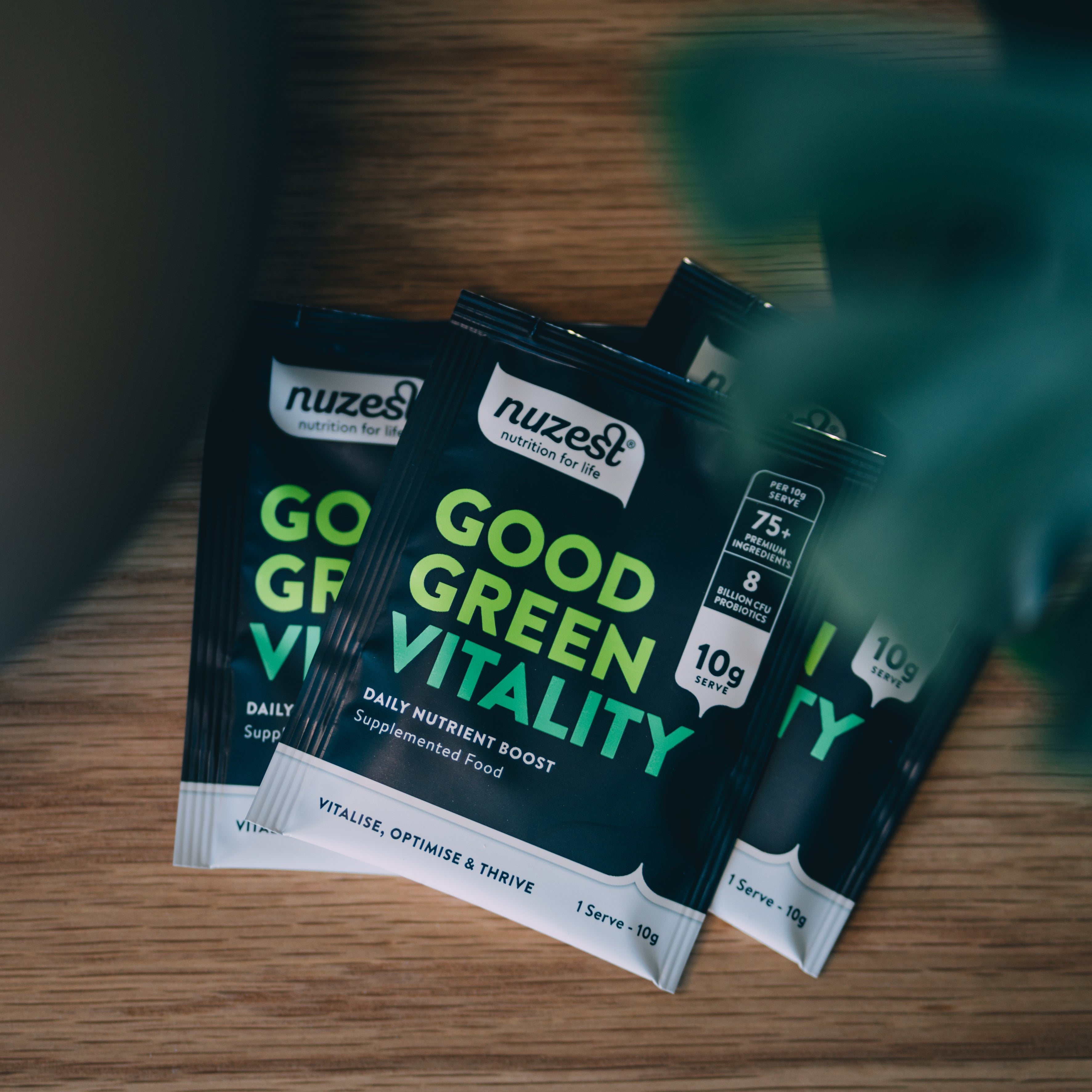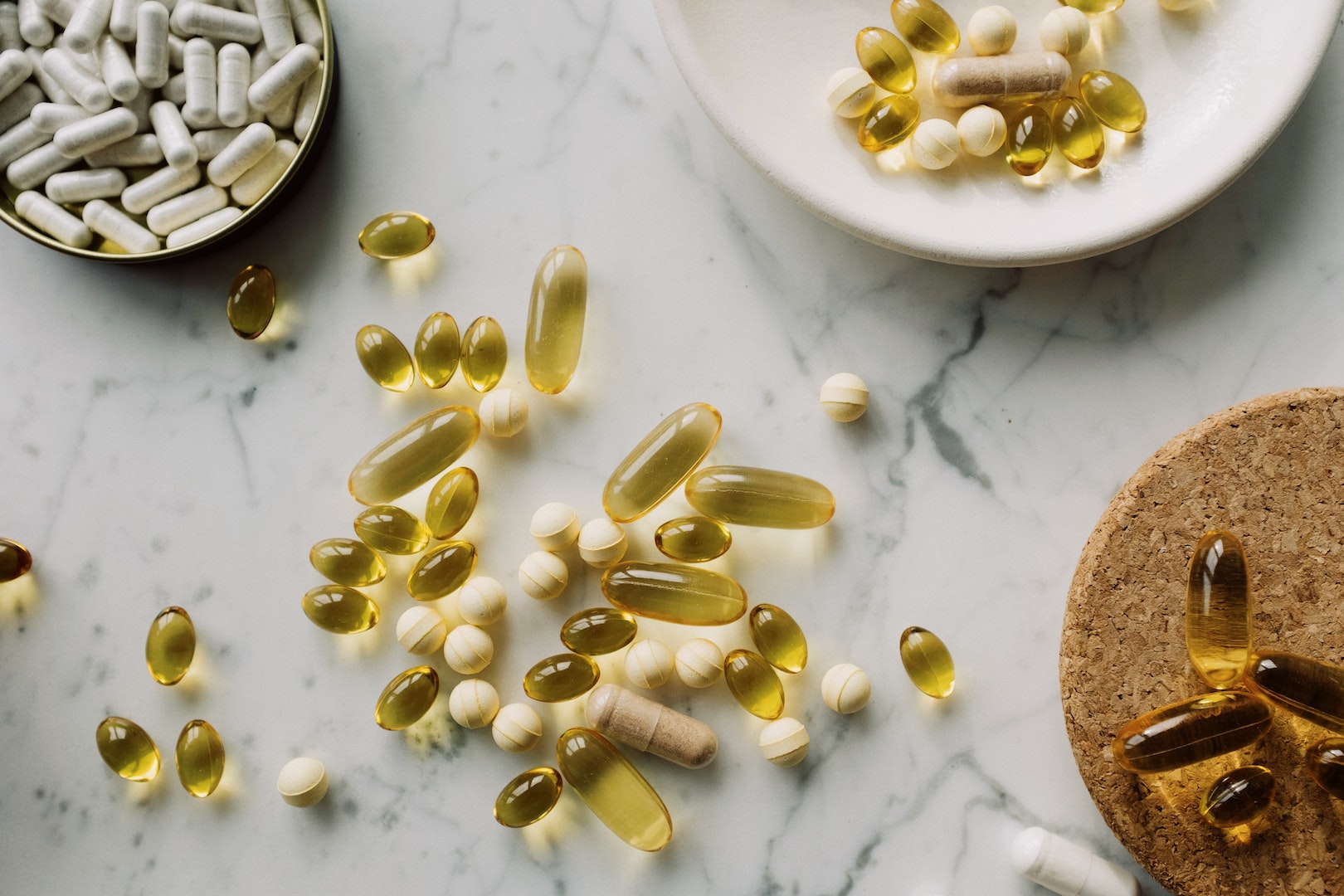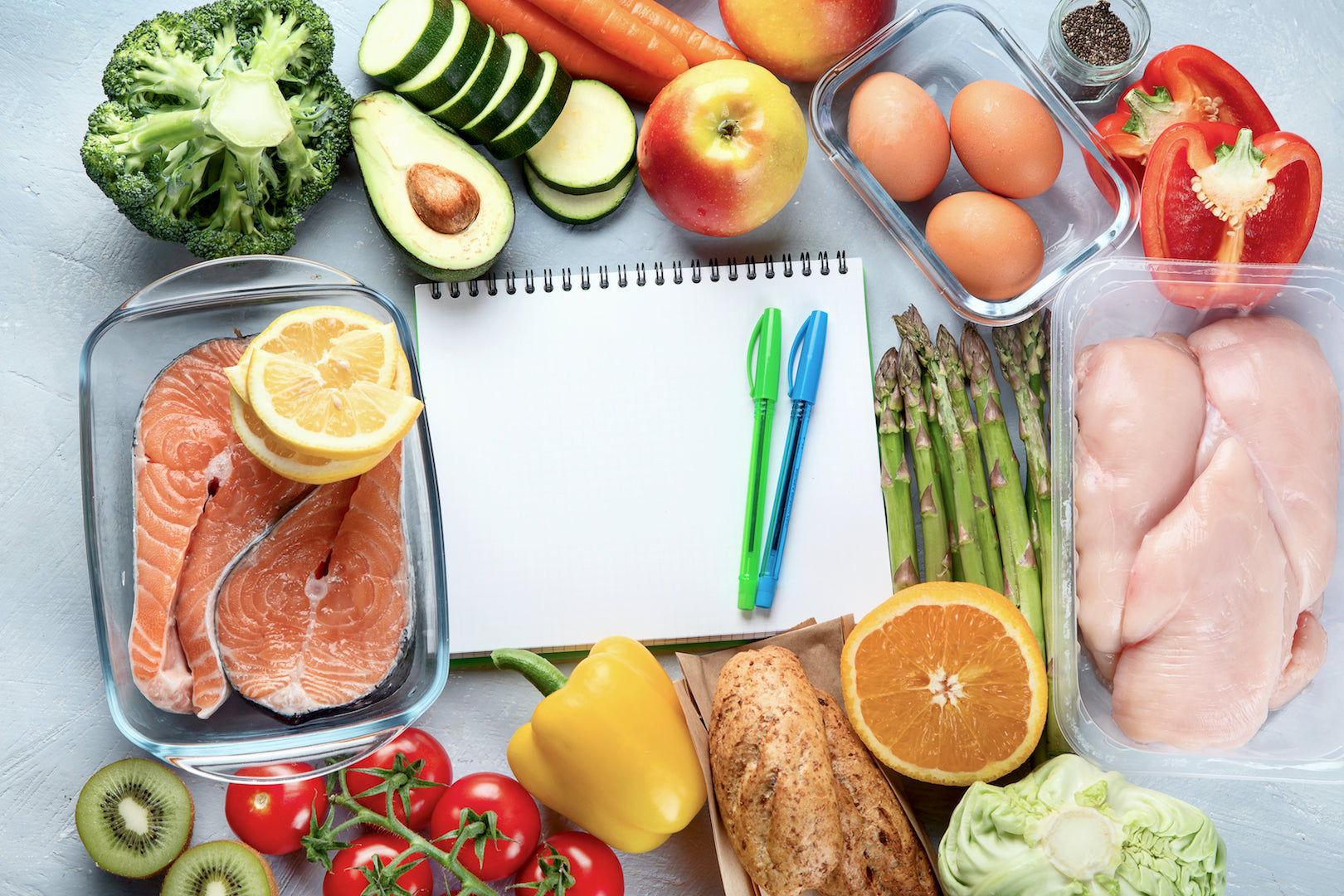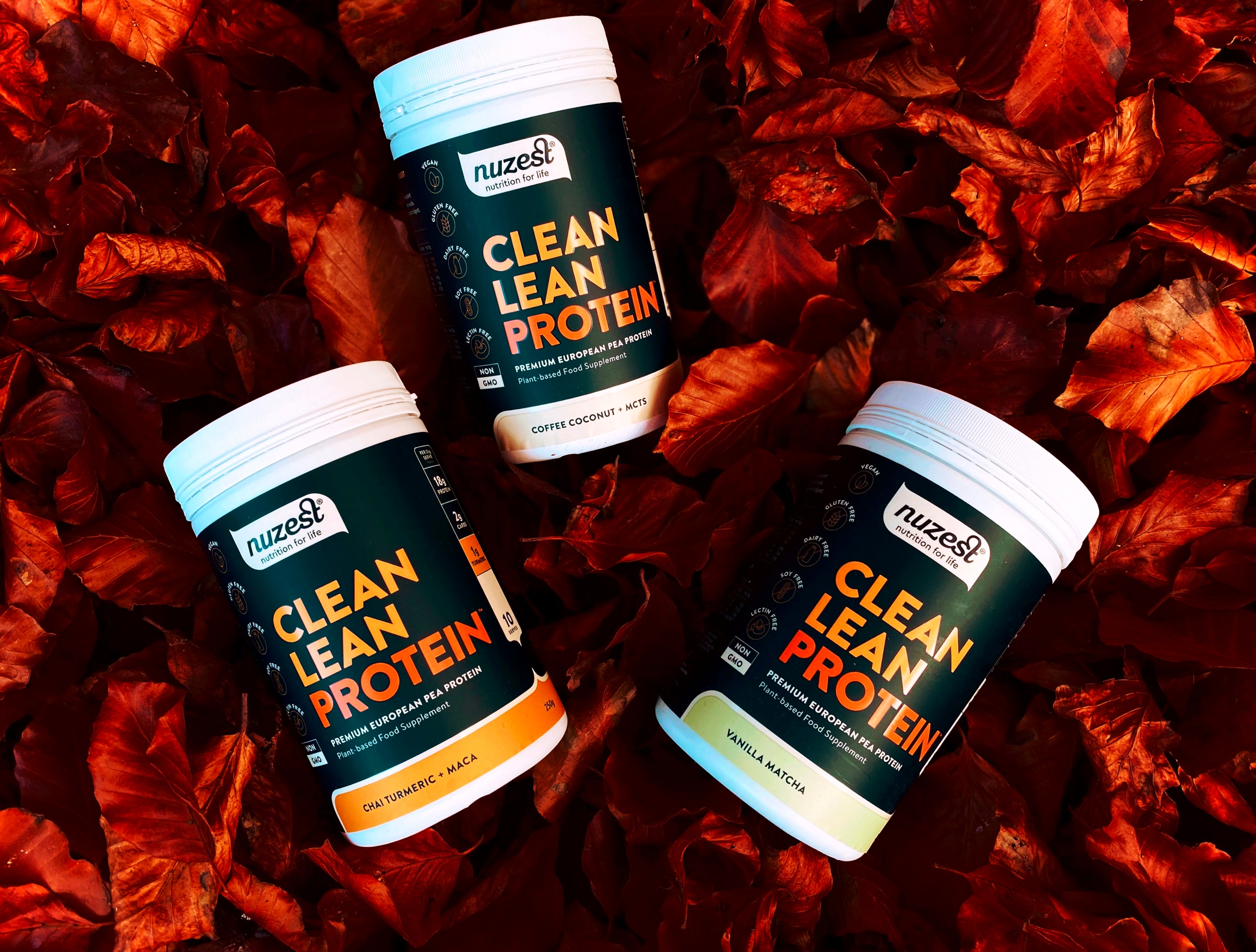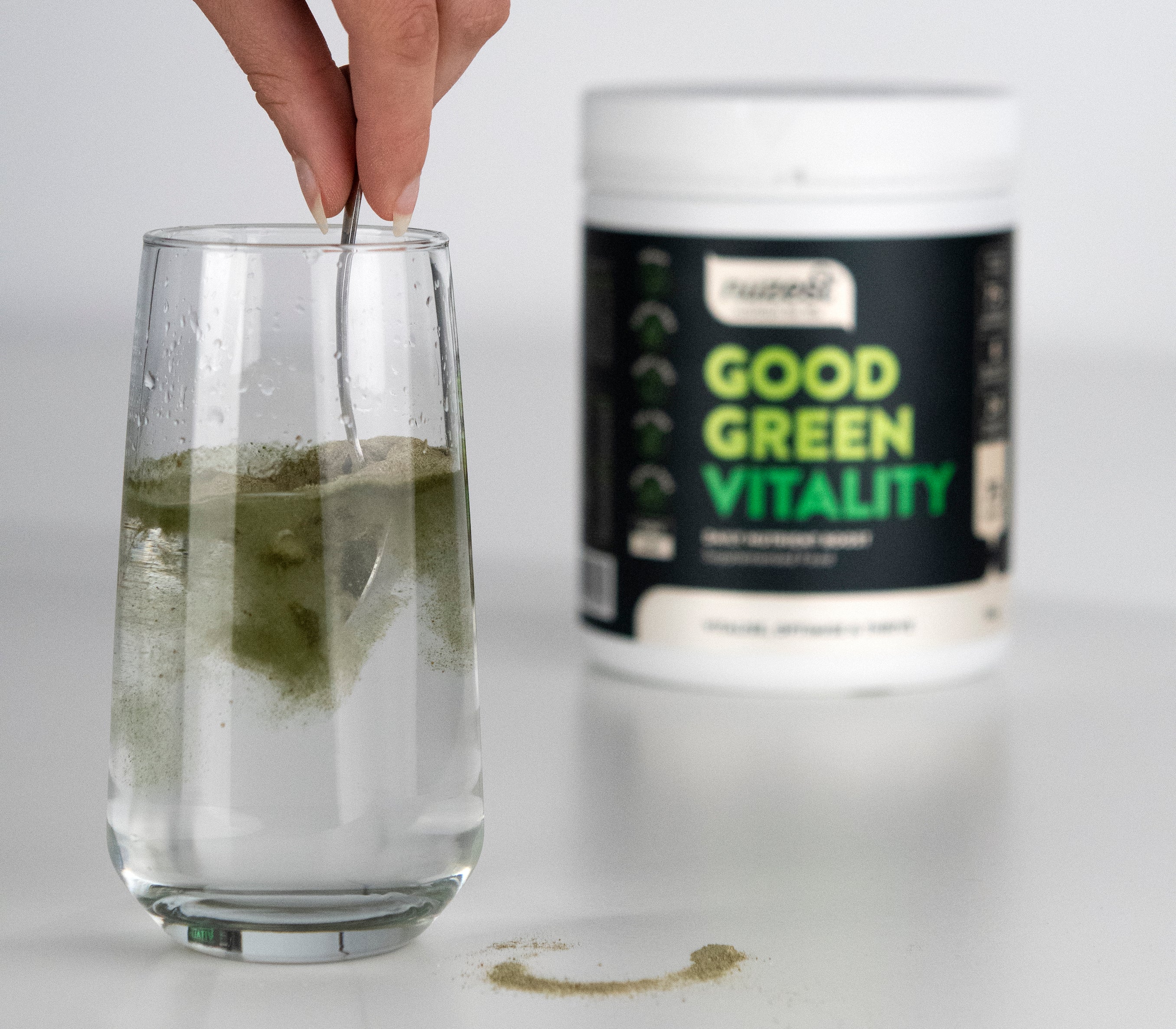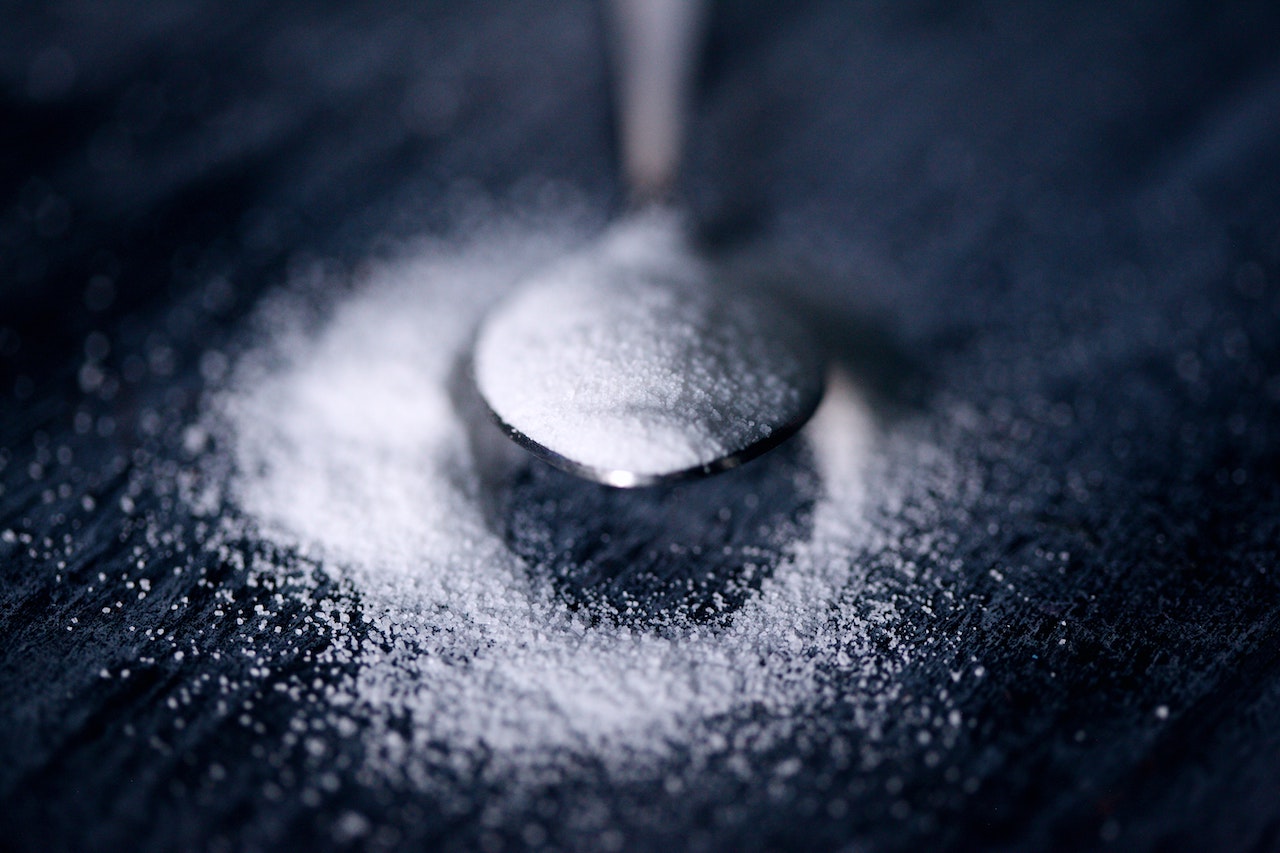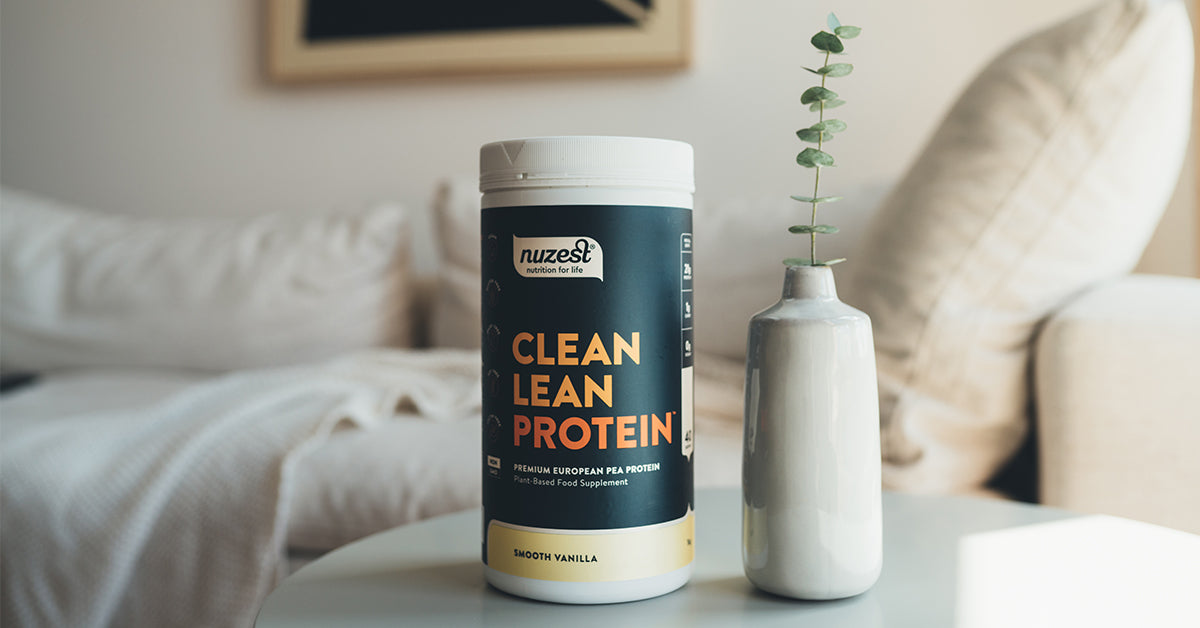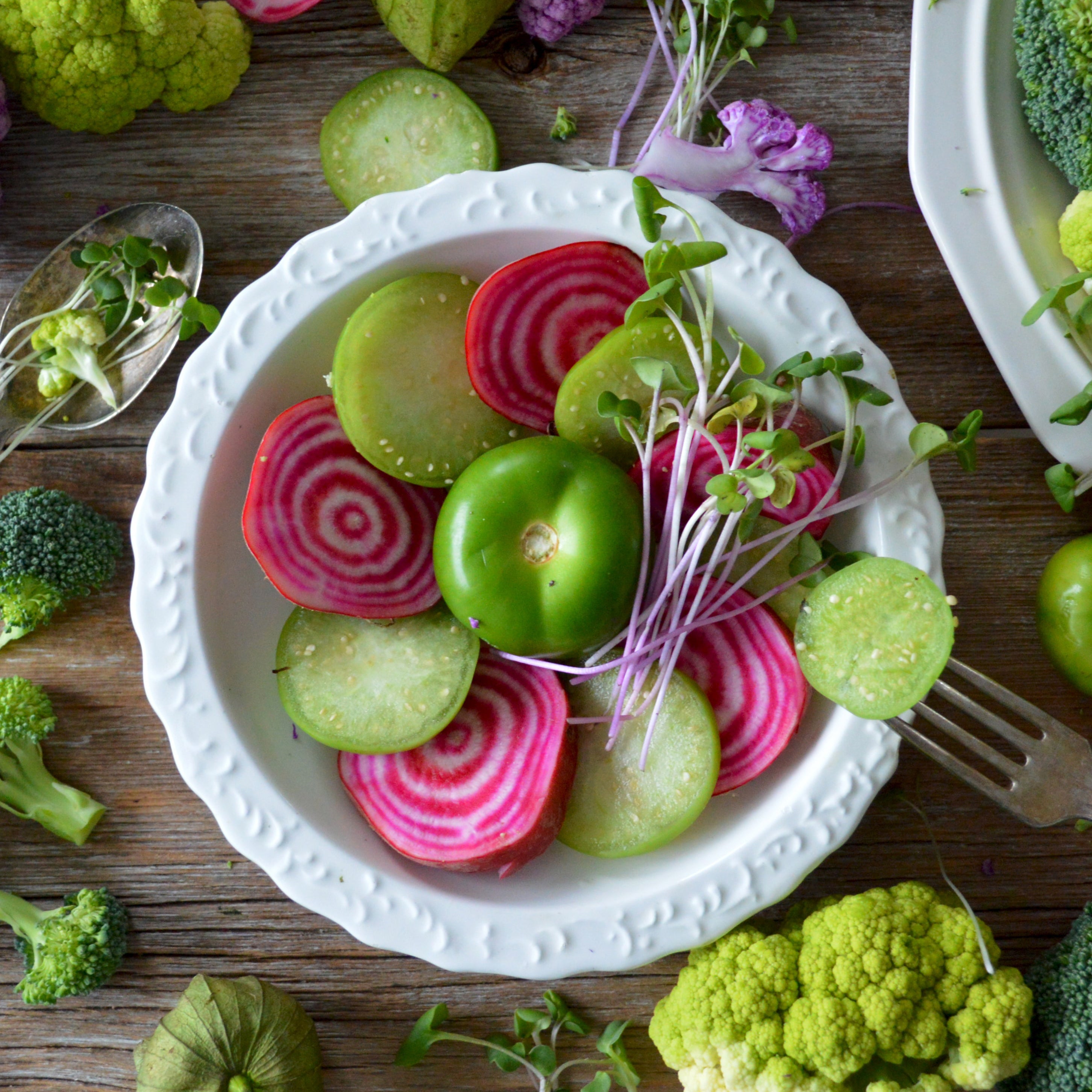What is a natural flavour?
The definition of ‘natural’ for flavouring is a little vague. Generally, it refers to materials used to provide flavour to other foods or supplements that are obtained from plants or animals using processes normally used in the preparation of food.
How are natural flavours produced?
To be called ‘natural’, flavours must be produced from plants or animal products (i.e. from ‘nature’) using methods that are typically used to produce foods such as heating, roasting, fermenting or other enzyme-based processes. Even if a flavour is derived from a natural (or for example, organic) ingredient (such as organic vanilla) it must be listed as a natural flavour if it is extracted or processed and used in a way that flavours another food, rather than being integral to the food itself.
Regulations
UK: http://www.legislation.gov.uk/uksi/1994/1486/contents/made
EU: https://www.fda.gov/food/food-labeling-nutrition/use-term-natural-food-labeling
USA: https://www.govinfo.gov/content/pkg/CFR-2010-title21-vol2/xml/CFR-2010-title21-vol2-sec101-22.xml
What is the quality of the flavours that Nuzest use?
The flavours used at Nuzest are all-natural (derived from natural ingredients), and are extracted from the fruit or plant, such as vanilla bean, and concentrated into a liquid form and then sprayed into a carrier to be put into a powdered product. The carriers are either non-GMO rice or corn-based starch. The flavours are vegan, non-GMO, and free from all common allergens including all gluten-grains, crustaceans, eggs, fish, peanuts, soy, milk/dairy, and tree nuts.
How much flavour is used?
In Clean Lean Protein and other Nuzest products, there < 2g of total flavour and sweetener per serve. This means that in any given product, there is also only an incidental amount of starch added as part of the flavour complex. For example, in Clean Lean Protein (Vanilla), there is only 1g of total carbohydrate (and no sugar).
Are there any health effects of the natural flavours in Clean Lean Protein?
The flavours are naturally derived and so offer no health effects distinct from the original foods (like vanilla, cocoa etc), besides, the amounts added are so small as to offer little to no effect on the body. The tiny amounts of carbohydrate similarly have no meaningful effect on insulin, blood sugar, or any other process in the body and are completely safe even for people with metabolic disorder and diabetes.
What about ‘thaumatin’? What is it…and is it safe?
Thaumatins are sweet-tasting proteins from the West African Katemfe fruit (Thaumatococcus daniellii Bennett). They are used as a naturally-derived sweetener and flavour modifier.
No adverse effects have been observed from thaumatin in the animal and human studies of thaumatin, including no allergic sensitisation, and no negative effects, mutagenic potential, or teratogenic effects even at high doses (up to 2000 mg per kg of bodyweight).1
The European Safety Authority in its report Scientific Opinion on the Safety and Efficacy of thaumatin for all animal species states that usual doses of thaumatin protein are safe for all animal species “with a considerable margin of safety” and that because thaumatins are highly digestible proteins “there are no concerns for consumer safety.”2
I notice some Nuzest products also use Stevia, is that also safe?
Stevia is the name for the sweet-tasting shrub Stevia rebaudiana, originally native to Paraguay and Brazil in South America. This plant has been used as a food and medicine for more than 1,500 years by the Guaraní people and more widely for the last several hundred years in both Brazil and Paraguay. Interestingly, there have been no adverse effects recorded over these many hundreds of years of use by Paraguayans.3 The sweet-tasting stevia compounds are completely metabolised and don’t accumulate in the body, and they are not teratogenic, mutagenic or carcinogenic and cause no acute and subacute toxicity.3-7 Reviews of the research show that even at extremely high doses stevia “does not pose a risk of genetic damage following human consumption”.7
Read our full review on stevia here: [https://www.nuzest.co.uk/blogs/news/stevia-the-good-and-the-bad]
Author Dr Cliff Harvey.
References
1. Higginbotham J, Snodin D, Eaton K, Daniel J. Safety evaluation of thaumatin (Talin protein). Food and chemical toxicology. 1983;21(6):815-23.
2. Panel on Additives Products or Substances used in Animal Feed E. Scientific Opinion on the Safety and Efficacy of thaumatin for all animal species. EFSA Journal. 2011;9(9):2354.
3. González C, Tapia M, Pérez E, Pallet D, Dornier M. Main properties of steviol glycosides and their potential in the food industry: a review. Fruits. 2014;69(2):127-41.
4. Abbas Momtazi-Borojeni A, Esmaeili S-A, Abdollahi E, Sahebkar A. A Review on the Pharmacology and Toxicology of Steviol Glycosides Extracted from Stevia rebaudiana. Current Pharmaceutical Design. 2017;23(11):1616-22.
5. Geuns JM. Stevioside. Phytochemistry. 2003;64(5):913-21.
6. Yadav SK, Guleria P. Steviol Glycosides from Stevia: Biosynthesis Pathway Review and their Application in Foods and Medicine. Critical Reviews in Food Science and Nutrition. 2012;52(11):988-98.
7. Brusick DJ. A critical review of the genetic toxicity of steviol and steviol glycosides. Food and Chemical Toxicology. 2008;46(7, Supplement):S83-S91.
